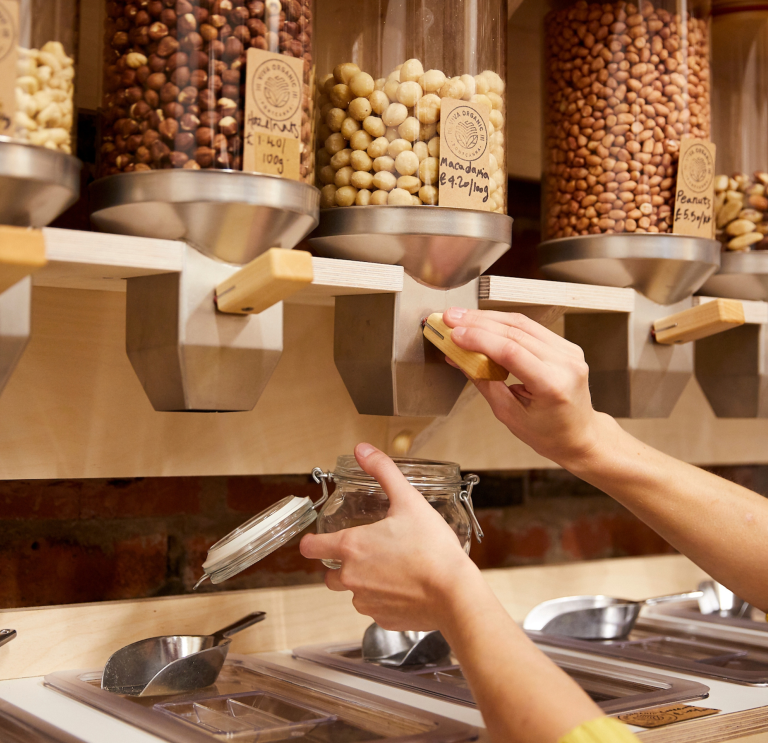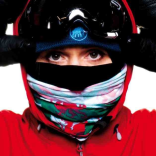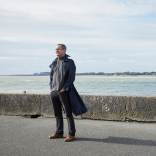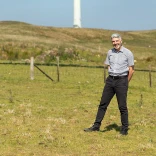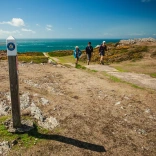Sustainability has been a priority for many years. We were the first country in the UK to introduce a charge for plastic carrier bags back in 2011. The policy of achieving 'zero waste' status by 2050 has captured the imagination of businesses all across the nation.
South of the Black Mountains in the beautiful town of Crickhowell, Chloe and Rob Masefield were inspired to set up Wales' first zero-waste shop, Natural Weigh, when they realised that there was no opportunity for people to shop locally without using plastic packaging.
Natural Weigh sells everything from corn flakes to Welsh breakfast tea, and washing up liquid to local rapeseed oil. The concept is simple: just bring your own container and buy the exact amount you need.
"About half our customers are locals and they are really pleased to see a shop where they can buy their essentials," says Chloe Masefield. "It’s a completely new way of shopping, so we try to be very approachable and friendly. We always ask new customers if they need a hand. We want to make it as easy as possible for people to make that change."
The onus is on sustainability behind the counter, too. The shop’s fittings are made out of 100% recycled timber such as scaffold boards and machine pallets, and their energy is from a clean energy provider. As much stock as possible is both ethically produced and sourced locally.
The zero-waste concept is being pioneered in Cardiff by ripple – a non-profit zero-waste store that’s the brainchild of Sophie Rae. Her Kickstarter campaign raised an incredible £33,312 in just 12 days. 'I know I’m not alone in wanting to contribute to a cleaner and fairer world," she says. "For me, it began with small changes, which grew. That’s the ripple effect. When one person stands up for the values, another can follow."
Sian Sykes knows all about ripples, both in the sea and in society. She’s founder of Psyched Paddleboarding, a company providing high-quality stand-up paddleboarding (SUP) experiences around Snowdonia and Anglesey in North Wales.
She recently completed the first solo and unsupported SUP circumnavigation of Wales via its canals, rivers and coastal waters. To raise awareness of plastic pollution, she did the entire journey without single-use plastic, and her business runs on the same ethos.
"The core of our business is to provide a high standard of quality, but also to be responsible for our environment," she says. "We only use Starboard paddleboards, for example. For every board bought, they plant a tree to offset their carbon emissions. Paddles come with litter picking hooks, bags are made from recycled fishing nets and all the packaging is paper and cardboard."
Sian Sykes, founder of Psyched PaddleboardingAs businesses, we all need to think about how we can find future-proof alternatives. Momentum is gathering, but we still need to do more."
The business is also active in the community. Sykes is a regional rep for Surfers Against Sewage (SAS), organising beach cleans and pushing for Anglesey to get "single-use plastic free" status. It’s all part of her job, she says, to educate her clients about reducing their use of plastics.
"I ask all my clients to bring a reusable bottle, and emphasise why I want them to do that," she says. "If they’re out in a beautiful lake and they see a plastic bottle floating past, it makes the issue real for them. I’ll ask them: what’s their pledge? What can you minimise?"
All of these businesses provide proof that the race to zero waste in Wales will not be won by enlightened government policy alone, but through grassroots initiatives from those with a stake in the local community.
"As businesses, we all need to think about how we can find future-proof alternatives," says Sian. "Momentum is gathering, but we still need to do more."
